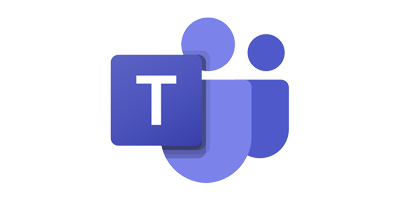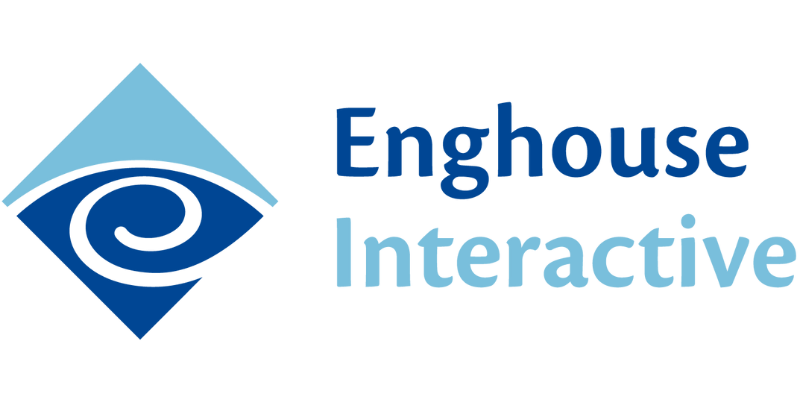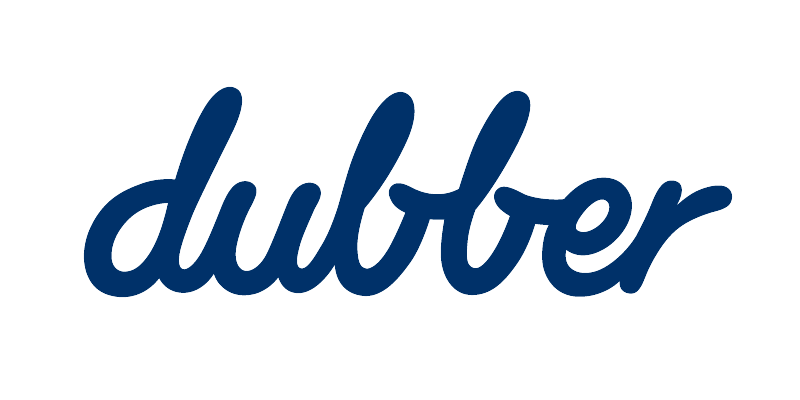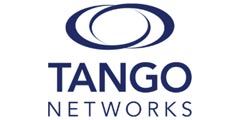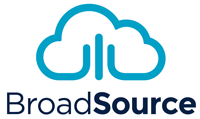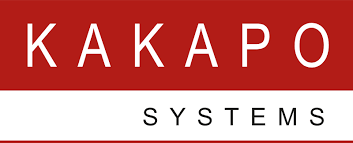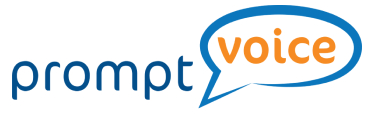When the Phones Go Down: The Hidden Cost of Lost Revenue in Hospitality
By Alessandra Leoni, Head of Hospitality at Focus on Hospitality, powered by Focus Group
As a hotelier who’s worked both the front line and the back office, I’ve seen how vital the phone is to every part of hotel operations, and most importantly from reservations to guest relations. When the lines go down, it’s more than a technical issue; it’s the moment calm turns to chaos, and every missed call becomes a missed opportunity.
Infect in hospitality, every missed call can mean a lost booking, a frustrated guest, or a damaged reputation. Yet many hotels and hospitality businesses still underestimate the real financial and operational cost of a phone outage. Whether it’s a ten-minute disruption or a full-day failure, the impact can cascade through reservations, front-of-house, events, and guest service, eroding revenue and trust in equal measure.
The Role of the Phone in Guest Experience
Despite the rise of apps, web bookings and AI chatbots, the telephone remains the heartbeat of hospitality communication. It still connects guests with your team at the moments that matter most: booking a room, ordering room service, confirming a wedding, or handling a complaint.
When that channel goes down, your property doesn’t just “miss a few calls”, it risks:
-
Lost direct bookings: guests hang up and move to an OTA or competitor hotel.
-
Lower ancillary revenue: missed opportunities for upgrades, dining, and spa reservations.
-
Disrupted operations: housekeeping, maintenance, and F&B teams can’t coordinate efficiently.
-
Guest dissatisfaction: Poor communication damages loyalty and online reviews.
-
Brand reputation: perceived unreliability spreads quickly through word-of-mouth and social media.
Quantifying the Cost
Several industry reports have revealed how devastating downtime can be. Data(*) estimates that IT or telecom downtime can cost businesses between £5,600 and £8,000 per minute for large organisations. While hotels may not hit those figures, the proportional impact is often more severe due to thin margins and high dependency on real-time guest interaction.
Let’s consider a realistic example:
A 150-room hotel receives 200 calls per day. If just 10% go unanswered during an outage, and 30% of those would have converted into bookings worth £180 each, that’s £1,080 in lost revenue per day, or over £390,000 a year if issues occur regularly.
And that’s before considering indirect losses: guest compensation, negative reviews, overtime costs, and reduced staff morale.
Case Study: Missed Calls, Missed Bookings
A UK-based boutique hotel group analysed six months of call data and found that 8% of inbound calls were abandoned due to slow response or system failures. With an average booking value of £250, the group estimated £150,000 in missed bookings annually.
Once the hotels implemented a cloud-based phone system with call forwarding and real-time monitoring, the missed-call rate dropped to under 1%, improving both revenue and guest satisfaction scores.
The Ripple Effect on Guest Operations
Phone downtime doesn’t just affect reservations: it disrupts every layer of hotel operations:
-
Front Desk: Unable to handle guest queries, late check-ins, or wake-up calls.
-
Housekeeping: Delays in room readiness updates and maintenance coordination.
-
Food & Beverage: Missed restaurant reservations and in-room dining orders.
-
Events: Lost or delayed communication for weddings, conferences, and group bookings.
In an industry where the guest journey is defined by responsiveness and personal touch, even short outages create friction that technology alone can’t smooth over, despite the availability of chatbots and AI, hospitality still needs human interaction.
Protecting Revenue and Reputation
Hospitality businesses can’t afford to treat telephony as an afterthought. Resilience must be built into the communications infrastructure, just as it is for WiFi, water, and power.
Here are key steps to mitigate risk:
-
Audit your communication systems. Understand how calls route between departments, sites, and mobile devices.
-
Implement cloud-based redundancy. Modern systems ensure calls can automatically forward to mobiles or alternate numbers during outages.
-
Integrate call analytics. Track missed calls, response times, and conversion rates to identify weak points.
-
Train teams on contingency plans. If phones go down, teams should know how to pivot quickly to messaging, email, and have technology that supports the resilience.
-
Partner with reliable providers. Choose hospitality specialists who understand the operational impact of downtime and can offer 24/7 support.
Turning Risk into Opportunity
Forward-thinking hotels are transforming phone resilience from a defensive measure into a brand advantage. A well-managed communication system, with cloud backup, smart routing, and integrated CRM, not only protects against revenue loss but enhances guest experience and upselling opportunities.
Guests may forgive a storm, but not silence. Every unanswered call is a lost moment to connect, delight, and convert. In hospitality, that means lost revenue, and lost relationships.
Final Thoughts
As someone who has worked alongside hotels through digital transformation, I’ve seen the same lesson repeated: downtime doesn’t just cost money, it costs trust.
In an era where guests expect instant responses and flawless service, a resilient phone system isn’t optional: it’s revenue protection. It’s the invisible infrastructure that keeps hospitality human, responsive, and profitable.








